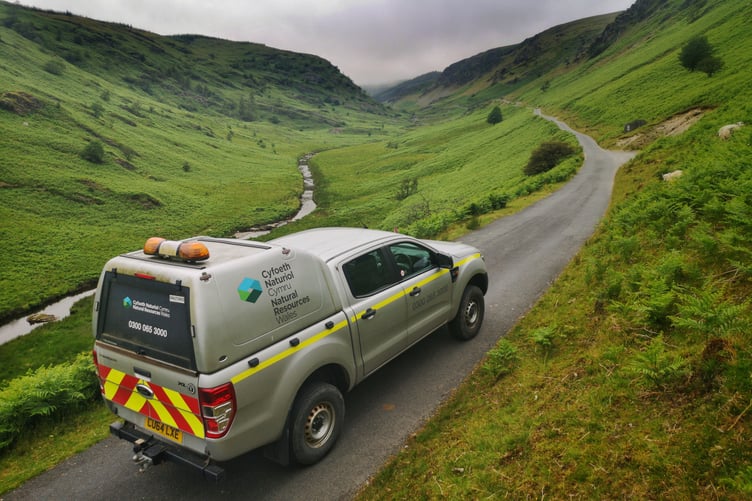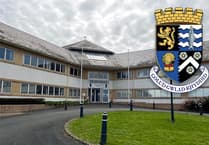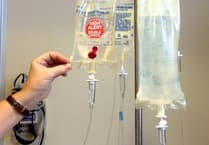ENVIRONMENT chiefs have downgraded Wales’s largest water company, Dŵr Cymru Welsh Water, to a two-star rating following a further decline in its performance.
Natural Resources Wales has downgraded the water company to two-stars, which means it requires improvement, following the results of an annual review which showed a decline in environmental performance.
Following a disappointing performance in 2021, the report reveals that pollution incidents rose by 7% in 2022, with those having a high or significant impact rising from three to five.
The company also failed to make improvements to the number of incidents self-reported to NRW, falling to 65%, a decrease of 7% from 2021. Water companies are expected to self-report incidents to NRW before others do. Without a rapid response, the impact of pollution can escalate and the opportunity for mitigation measures can be lost.
In 2022, Dŵr Cymru Welsh Water caused 89 sewage pollution incidents. 84 of these were categorised as having a low environmental impact. Five incidents were classed as having a high or significant impact.
Developing an enforcement response for major environmental incidents requires detailed investigation and can take many months to conclude, but NRW is committed to doing this.
In response, NRW’s Chief Executive Clare Pillman has called for a ‘step change in performance that is so clearly needed and called for by us and the public.’
Clare Pillman, Chief Executive of NRW said: “It is very disappointing that Dŵr Cymru Welsh Water’s performance has continued to decline.
“Water companies need to take urgent and sustained action to make the changes needed to address the significant pollution incidents we are seeing in our waters.
“In the face of the climate and nature emergencies, the need to act now is ever more important, as our ageing sewer network comes under greater pressure.
“Without sufficient investment and a strong performance management framework from water companies, the environment will continue to pay the price. In our meetings with Dŵr Cymru Welsh Water we have been very clear about the improvements they must deliver.”
Expectations for improvements are outlined in the report, including a requirement to reduce the number of sewerage pollution incidents year on year, stop all significant pollution incidents and reverse the decline in the self-reporting of incidents.
The performance of Hafren Dyfrdwy, supplier of drinking water and wastewater services to parts of north east and mid Wales, has also been reviewed but is not subject to a star rating due to its relatively small operating area in Wales.
The company was found to have made improvements in the number of pollution incidents, from eight in 2021 to four in 2022, reporting no significant pollution incidents.
But NRW is still pressing the company to improve its rate of self-reporting incidents, after the company only self-reported two out of four incidents, compared with six out of eight incidents in 2021.
Dŵr Cymru said in response: "We take our environmental responsibility very seriously and are disappointed that our Environmental Performance Assessment rating for 2022 has reduced to 2* and recognise that our performance is not where we want it to be.
“We are working tirelessly to deliver the improvements required in challenging circumstances especially as we experience more severe weather events and extreme variation in the climate.
"These changes are having a significant and increasing impact on our water and wastewater infrastructure and challenging how we deliver our services.
"While we recorded 5 serious pollution incidents for 2022, compared with 3 in 2021, we have the 2nd lowest level of total pollution incidents in the water industry, with the number of pollution incidents having halved over the past 10 years. We are sorry, however, for any environmental harm that we have caused.
“In May, we published our Manifesto for Rivers in Wales, outlining our investments and commitments to help improve river water quality.
"We plan to invest an extra £100 million to improve river water quality between now and 2025 which is part of a wider £840m investment in the five years to 2025. This investment will deliver real improvements and has helped ensure that 44% of our rivers meet ‘good ecological status’ – compared to just 14% in England – and that we have around a third of the UKs Blue Flag beaches while only having 15% of the coastline.
“We will continue to work closely with our regulators Natural Resources Wales and embracing a partnership approach with other key stakeholders."





Comments
This article has no comments yet. Be the first to leave a comment.